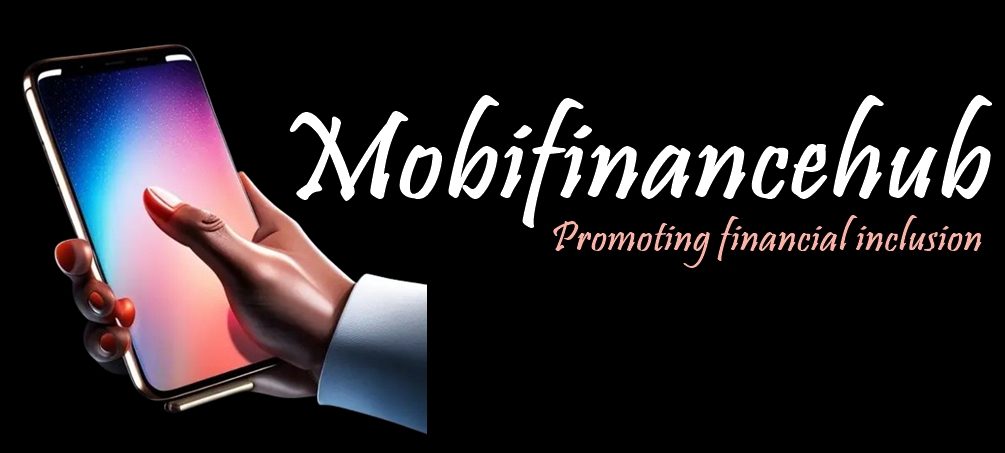🇳🇬 Quick and Easy Ways to Check Your Credit Score in Nigeria
A borrower’s creditworthiness to a financial lending institution is portrayed numerically via a 3-digit score range of between 300-850.
Benefits Of Credit Scores In Nigeria
Credit scores in Nigeria hold beneficial values in the financial sector by enabling both borrowers and lenders access to;
1. Provision of credit scores: Depending on your credit score range, obtaining a loan can either be easy or difficult
2. Assigning of loan terms: Depending on your credit score range, flexible or strict loan terms may be imposed.
3. Financial opportunities: Depending on your credit score range, the availability of financial opportunities (business/employment) may be easier or harder to come by.
4. Building credibility: Depending on your credit score range, your credibility towards meeting loan obligations can be gauged and thus may be used for loan approvals/denials.
5. Financial discipline: Depending on your credit score range, access to credit may be simple or difficult depending on your financial habits.
Credit Score Ranges In Nigeria
Credit scores in Nigeria offer a useful foundation for analyzing and assessing your creditworthiness.
These numeric ranges which typically fall between 300-850 usually denote potential loan default risk whereby lower scores signify increased risk and higher chances of loan denials.
On the other hand, higher credit scores provide opportunities for favorable credit terms such as higher limits.
Therefore, understanding credit score ranges can assist in gauging your financial standing that may ultimately promote financial discipline.
Below is a credit score range scale depicting the creditworthiness level commonly used by lenders and credit bureaus in Nigeria.
1. Exceptional (800-850) – signifies low risk borrowers with high chances of loan approvals at favorable credit terms.
2. Very Good (740-799) – signifies low risk borrowers with good chances of loan approvals at favorable credit terms.
3. Good (670-739) – signifies moderate risk with medium chances of loan approvals at strict credit terms.
4. Fair (580-669) – signifies high risk borrowers with minimal loan approval chances at very strict credit terms.
5. Very Poor (300-579) – signifies very high risk borrowers with very little chances of loan approvals.
Factors To Consider When Checking Credit Score In Nigeria
When checking credit scores in Nigeria, there are a variety of factors that should be put into consideration such as;
1. Credit score source: In-order to guarantee authenticity of your credit report, it is important to obtain it from reputable sources such as credit bureaus in Nigeria
2. Credit score calculation: By understanding how credit scores work and how they are calculated, it will help in identifying improvement areas.
3. Credit score accuracy: By verifying the accuracy of your credit report information, this may provide a more truthful picture of your financial standing.
Ways To Check Credit Score In Nigeria
In Nigeria, there are multiple ways to check your credit score via credit bureaus.
Credit bureaus are licensed institutions tasked with the mandate of maintaining and providing updated credit information on borrowers for both individuals and institutions.
Provision of such information is usually done through credit reports available upon request from the list of credit bureaus in Nigeria.
While the steps required to obtain your credit report may slightly vary, the overall procedures are outlined below;
1. Identify credit bureau: This can be achieved by comparing the various associated costs for the request.
2. Registration: In-order to access the services of most credit bureaus, you may be required to register and maintain an account for efficient service delivery.
Personal information such as complete names, dates of birth, addresses, identity numbers, and so on may be requested throughout the registration process.
3. Credit score application: The credit bureau may require you to complete an application or request form by accurately filling in the required details.
4. Verification documentation: Alongside the application form, you may be required to provide supporting identity verification details such as a copy of your national ID card.
5. Payment: Credit bureaus offer a one-time free annual credit report request option upon which subsequent requests incur a specified fee charge.
6. Submission of request: Upon submission of your application, the request will be processed as per the timelines stated by the credit bureau.
7. Receipt of credit report: Depending on the method provided by the credit bureau, credit reports may be sent via email, postal etc
a) How To Check Credit Score In Nigeria Via USSD
Some credit bureaus offer USSD options with which you can use to check credit scores in Nigeria.
One such example is CRC Credit bureau whereby you can check your credit score by simply dialing the ussd code *565*8# from the MTN network and following the prompts.
b) How To Check Credit Score In Nigeria Via Mobile App
Some credit bureaus also offer apps that can be used to check credit scores in Nigeria.
The process of checking credit score via app may entail;
i. Download & install the app
ii. Launch the app
iii. Complete the registration process
iv. Initiate the credit score request
v. Pay associated fee
vi. Receive credit score
c) How To Check Credit Score In Nigeria Via Online Portal
Some credit bureaus may offer online platforms for checking credit scores in Nigeria.
The process of checking credit scores via online portal may entail;
i. Navigate to online portal webpage
ii. Sign up to the service by creating an account
iii. Initiate the credit score request
iv. Make payment
v. Receive credit score
